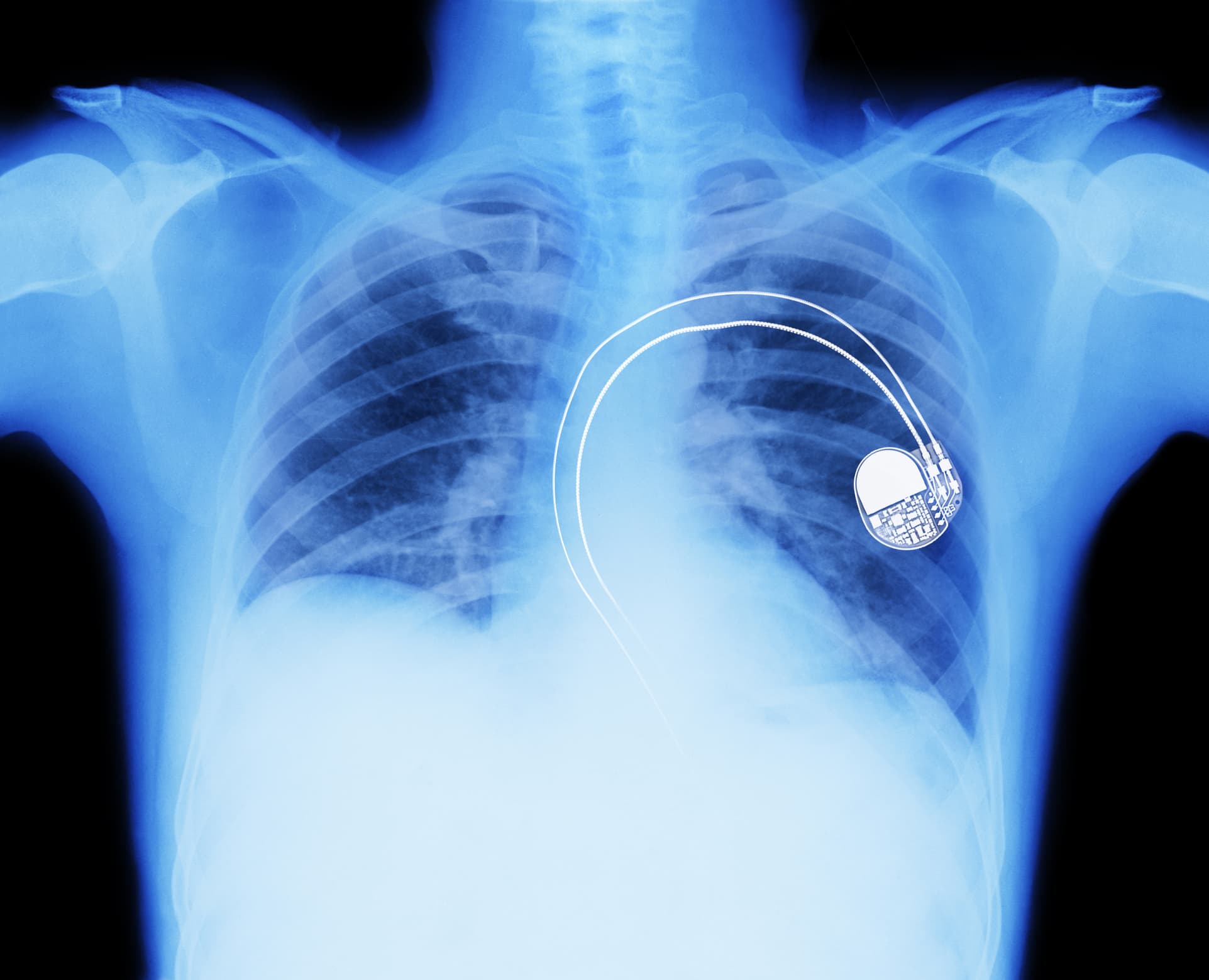Flexible Power
Scientists from Queen's University, Belfast have designed a new flexible, organic battery that may change the way that we power medical implants. Currently, medical devices like pacemakers are powered by rigid batteries made of metal, which can make the devices uncomfortable. They also do not break down, so they must be removed after a certain period of time.
This new flexible, organic battery can hold three times as much charge as its conventional counterpart and offers obvious environmental benefits since it is decomposable. The device suffers from no leakage problems and is non-flammable. It is also a more comfortable option for patients, since it is flexible and can move with the body.
Dr. Geetha Srinivasan, the research leader at Queen's University's Ionic Liquid Laboratories (QUILL) research centre, explained to the BBC how the flexible supercapacitor could power medical devices, “In medical devices such as pacemakers and defibrillators there are two implants, one which is fitted in the heart and another which holds the metal based, rigid batteries—this is implanted under the skin,” Dr. Srinivasan said. “The implant under the skin is wired to the device and can cause patients discomfort as it is rubs against the skin. For this reason batteries need to be compatible to the human body and ideally we would like them to be flexible so that they can adapt to body shapes.”
Foldable Electronics
This new battery would be safer than current batteries, because it does not use any flammable solvents, and carries no risk of explosion. Its lightweight flexibility would also translate well to applications in consumer electronics, such as foldable laptops and phones which are for now constrained by rigid batteries, among other design parameters.
And, although current batteries are complicated to recycle since they contain toxic materials, organic batteries would decompose over time without any trouble. This is possible because they are designed to be manufactured with organic composites using biomaterials like cellulose, or “natural feedstock,” instead of costly and non-biodegradable metals or semiconductors. However, despite their capacity to degrade, the batteries are safe from decomposition inside the human body, as they begin to break down only once they breach 270 degrees C.
Dr. Srinivasan told the BBC she is confident that the battery could easily be commercialized with the right funding in place and she thinks that it could be powering electronic devices within the next five years.
Share This Article
